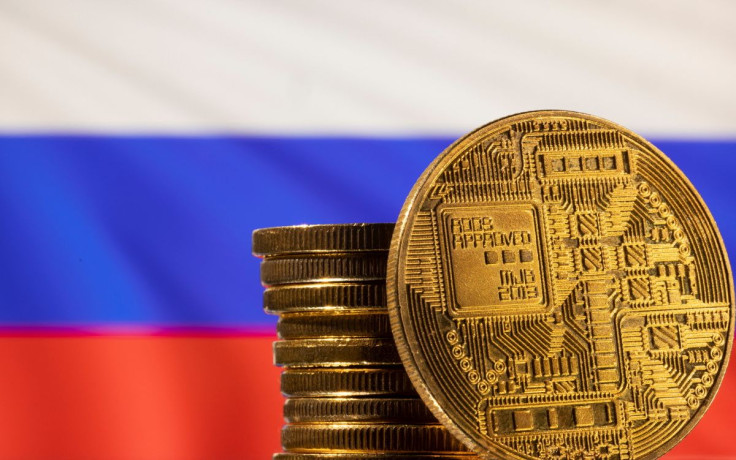Russia's Duma Passes Bill Favorable For Crypto Investors, Exchanges
KEY POINTS
- Russia passes new bill on the taxation of digital assets
- The bill needs the approval of Putin and the upper legislative house to become a law
- Russia's current corporate tax rate is 20 percent
The lower legislative house of the Russian Federation, the State Duma, has passed a bill on the taxation of cryptocurrencies or digital assets that would be attractive for investors and institutions engaged in the crypto industry.
The bill exempts the sale of digital assets from value-added tax (VAT) in the Russian Federation. Several other exchanges of digital assets are also exempted, RIA Novosti, a local news service, reported.
Following its invasion of Ukraine, multiple countries and agencies imposed various sanctions on Russia to hurt its economy. This paved the way for the transcontinental country to temper its skeptical stance on digital assets and cryptocurrency. Russia's Sber Bank now preparing to launch its own digital asset known as Sber.

Currently, corporate tax in Russia is 20 percent. The bill sets a much lower corporate tax rate for Russian and foreign-owned crypto companies. According to the bill, Russian exchanges will be taxed at 13 percent for their first 5 million rubles ($93,000) annual income, 15 percent at income higher than the set limit and 15 percent for foreign exchange operators.
The government said that digital asset taxation in the bill is similar to securities taxes; thereby, to create a compelling and competitive digital economy, it intends to establish a separate tax procedure for crypto, RIA Novosti reported.
The draft law, which contains the taxation side of digital assets in Russia, was approved after the second and third readings by members of Russia's State Duma. The bill still needs to be signed by the upper house Russian legislature and President Vladimir Putin to become a law.
In taxation, value-added taxes apply to goods, including the increase in value in every production stage. As of late 2020, the Inter-American Center of Tax Administrations reported that almost no country applied a VAT tax to digital assets or cryptocurrencies.
In April, the European Union (EU) imposed the fifth round of restrictions on Russia to close potential loopholes on cryptocurrency, which according to speculations, was being used by Russian oligarchs to evade sanctions. The said sanction aims to "further contribute to ramping up economic pressure on the Kremlin and cripple its ability to finance its invasion of Ukraine."
© Copyright IBTimes 2025. All rights reserved.





















